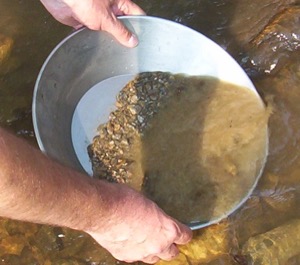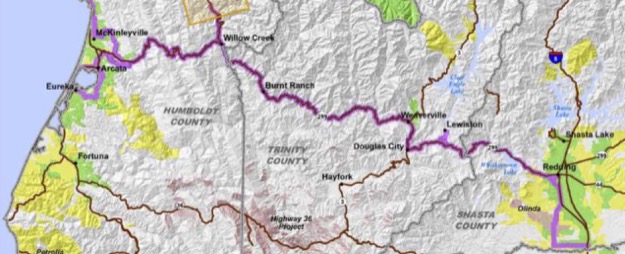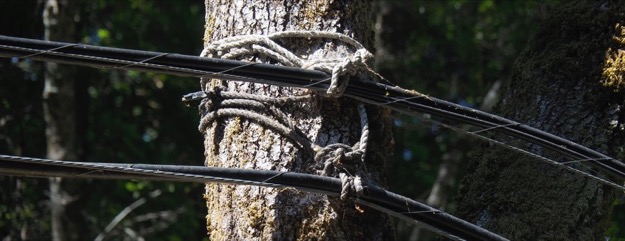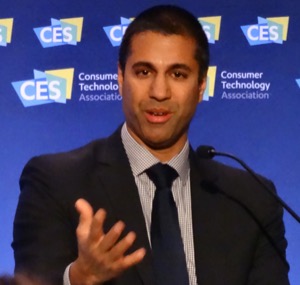Make California broadband subsidy decisions on basis of impact, says CPUC draft

Click for the full analysis.
Given that there’s limited state subsidy money available for broadband infrastructure upgrades in California, it makes sense to spend it in a way that’ll have the greatest impact on the greatest number of people. That was a major concern at the last California Public Utilities Commission meeting, when some commissioners pushed back on proposed infrastructure construction grants from the California Advanced Services Fund, at least partly because it wasn’t clear how the projects that were on the table fit within overall, statewide priorities.… More

![By U.S. Navy photo by Mass Communication Specialist 3rd Class Frankie J. Colbry [Public domain], via Wikimedia Commons](https://www.tellusventure.com/blog/images/2014/12/money.jpg)

![By D'oh Boy (Mark Holloway) from Beatty, Nevada, USA (USF Reddaway Triples) [CC BY 2.0 (https://creativecommons.org/licenses/by/2.0)], via Wikimedia Commons](https://www.tellusventure.com/images/2017/2/triple_truck.jpg)




![By Simon Q (Flickr: Wade Barrett vs. Sheamus) [CC BY 2.0 (https://creativecommons.org/licenses/by/2.0)], via Wikimedia Commons](https://www.tellusventure.com/images/2017/2/smack_down.jpg)
